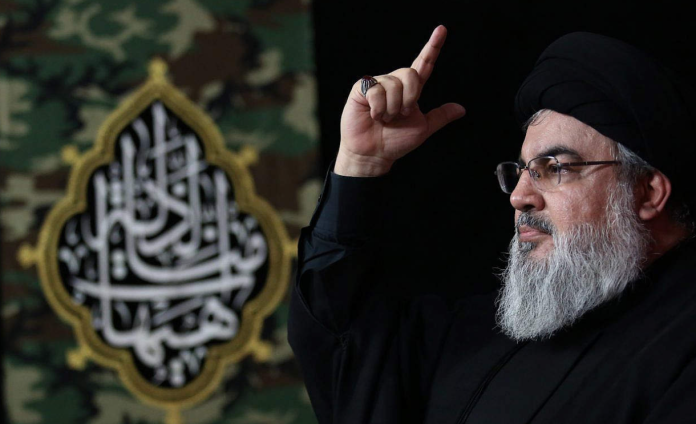On Thursday, Hezbollah’s leader, Hassan Nasrallah, acknowledged the group had suffered an “unprecedented blow” following deadly explosions targeting its communication devices in Lebanon. Nasrallah blamed Israel for the attacks and vowed a “terrible punishment” in retaliation.
During a televised speech, Nasrallah announced an internal investigation into the blasts, which occurred on Tuesday and Wednesday, resulting in 37 deaths and nearly 3,000 injuries. These explosions have heightened fears of an escalating regional conflict, particularly as tensions between Hezbollah and Israel have been simmering.
The explosions coincided with Israel’s statement that it was expanding its military operations in Gaza to include areas near its northern border with Lebanon. Israel’s aim, according to officials, is to enable the return of civilians displaced from northern Israel due to ongoing cross-border clashes with Hezbollah, which have occurred nearly every day since October.
In his address, Nasrallah warned Israel’s leadership, “You will not be able to bring back the northern residents,” promising that the Lebanese front with Israel would remain active until the end of the aggression in Gaza. His remarks were welcomed by Hamas, which expressed its gratitude for Hezbollah’s support.
Hezbollah has claimed responsibility for at least 17 attacks on 14 Israeli military positions since Thursday morning. In response, the Israeli military reported the deaths of two soldiers and carried out airstrikes targeting Hezbollah rocket launchers and infrastructure.
Israel’s Defense Minister, Yoav Gallant, stated that military operations against Hezbollah would continue, while Lebanese media reported sightings of a “hostile drone” flying over southern Lebanon, broadcasting messages against Nasrallah.
On Tuesday, the explosions that hit Hezbollah’s radiomessaging systems, used in Beirut’s southern suburbs and across Lebanon, claimed 12 lives. A second wave of blasts targeting walkie-talkies the following day raised the death toll to 37, with nearly 3,000 injured.
In response to the incidents, Qatar Airways has banned passengers from carrying beepers and walkie-talkies on flights departing from Beirut, following Lebanon’s civil aviation authority’s directive.
Israel has signaled a shift in the conflict’s focus toward the northern front with Hezbollah, as clashes have prompted mass evacuations on both sides of the Israel-Lebanon border. Until now, Israel’s primary objectives have been the destruction of Hamas, which has controlled Gaza since 2007, and the safe return of hostages held in Palestinian territory.





